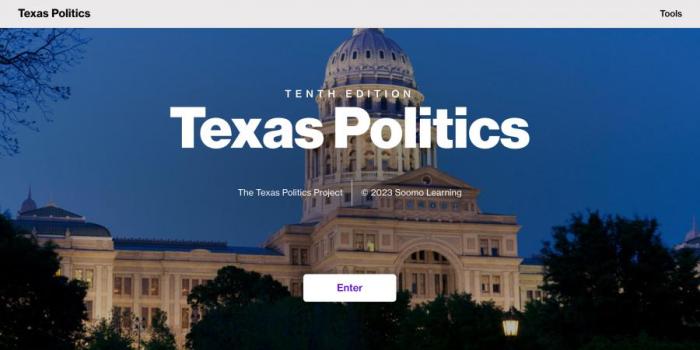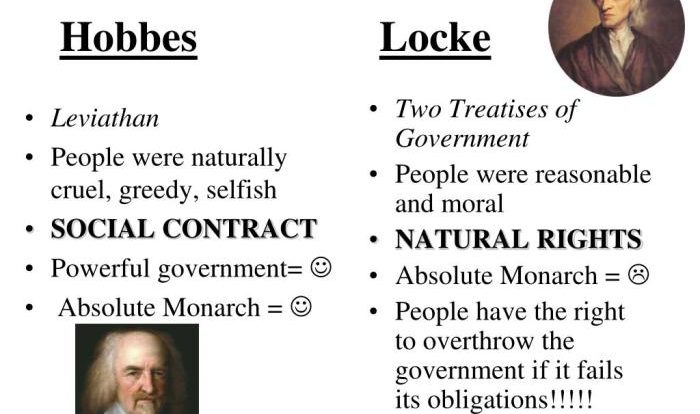Texas politics ideal and reality 14th edition – Texas Politics: Ideals and Reality, 14th Edition, offers a comprehensive examination of the political landscape of Texas. This authoritative text explores the dominant ideologies, historical context, and current challenges facing the Lone Star State.
The book delves into the interplay between conservative values and political policies, providing a nuanced understanding of Texas’s unique political culture. It analyzes the power dynamics, policy issues, and institutional structures that shape the state’s governance.
1. Political Ideals in Texas
Texas politics is dominated by conservative ideologies, which emphasize limited government, individual liberty, and free markets. These values have shaped state policies in areas such as taxation, education, and healthcare.
Conservative Values in Texas Politics
- Limited government: Texas has a relatively small government compared to other states, with low taxes and limited regulations.
- Individual liberty: Texans value personal freedom and autonomy, and support policies that protect individual rights.
- Free markets: Texas is a business-friendly state with a strong economy. Conservatives believe that free markets promote economic growth and prosperity.
2. Political Reality in Texas

The current political landscape in Texas is dominated by the Republican Party, which controls the governorship, legislature, and most statewide offices. However, there is a growing Democratic presence in urban areas and among younger voters.
Power Dynamics in Texas Politics, Texas politics ideal and reality 14th edition
- Republican dominance: Republicans have held power in Texas for decades, and have used their control to pass conservative legislation.
- Growing Democratic presence: Democrats have made gains in recent years, particularly in urban areas and among younger voters.
- Challenges for political change: Despite the growing Democratic presence, Republicans remain firmly in control of Texas politics.
3. Historical Context of Texas Politics
Texas politics has evolved over time, from its founding as a republic to its present-day status as a major political force in the United States.
Key Events and Figures in Texas Politics
- Texas Revolution (1835-1836): Texas gained independence from Mexico after a bloody war.
- Sam Houston: The first president of the Republic of Texas, Houston was a key figure in shaping the state’s early political development.
- Civil War (1861-1865): Texas joined the Confederacy during the Civil War, but was defeated by the Union.
- Reconstruction (1865-1877): Texas was under federal occupation during Reconstruction, which led to significant changes in the state’s political landscape.
4. Political Culture in Texas

Texas has a unique political culture that is shaped by factors such as geography, demographics, and economic conditions.
Factors Shaping Texas Political Culture
- Geography: Texas is a large state with a diverse landscape, which has contributed to its independent and self-reliant spirit.
- Demographics: Texas is a rapidly growing state with a diverse population, which has led to a variety of political perspectives.
- Economic conditions: Texas has a strong economy based on oil and gas production, which has contributed to its conservative values.
5. Major Policy Issues in Texas

Texas faces a number of pressing policy issues, including education, healthcare, and immigration.
Education
Texas has a large and growing public education system. However, the state faces challenges in funding education and improving student outcomes.
Healthcare
Texas has a high rate of uninsured residents. The state has also been slow to expand Medicaid, which would provide health insurance to low-income Texans.
Immigration
Texas is a major destination for immigrants. The state has a long history of immigration, and it continues to play a significant role in the state’s economy and culture.
6. Political Institutions in Texas: Texas Politics Ideal And Reality 14th Edition
Texas has a strong system of political institutions, including the governor, legislature, and judiciary.
The Governor
The governor of Texas is the head of the state government. The governor has a strong veto power and can appoint many state officials.
The Legislature
The Texas Legislature is a bicameral body composed of the Senate and the House of Representatives. The legislature is responsible for passing laws and approving the state budget.
The Judiciary
The Texas judiciary is composed of the Supreme Court of Texas and lower courts. The Supreme Court of Texas is the highest court in the state and has the power to interpret the state constitution and laws.
7. Political Participation in Texas

Political participation in Texas is relatively low. However, there are a number of factors that influence voter turnout and civic engagement.
Factors Influencing Political Participation
- Voter ID laws: Texas has some of the strictest voter ID laws in the country, which have been shown to suppress voter turnout.
- Early voting: Texas has a long early voting period, which makes it easier for people to vote.
- Demographics: Voter turnout is lower among younger voters, minorities, and low-income Texans.
8. Future of Texas Politics
The future of Texas politics is uncertain. However, there are a number of trends that could shape the state’s political landscape.
Potential Trends and Challenges
- Changing demographics: Texas is becoming more diverse, which could lead to a more competitive political landscape.
- Economic challenges: Texas faces a number of economic challenges, including a reliance on oil and gas production.
- Political polarization: Texas is becoming increasingly politically polarized, which could make it difficult to address the state’s challenges.
Quick FAQs
What are the dominant political ideologies in Texas?
Texas is known for its strong conservative values, with Republican candidates consistently winning statewide elections.
How have conservative values shaped Texas policies?
Conservative values have influenced policies related to taxation, education, healthcare, and social issues.
What are the key challenges facing Texas politics?
Texas faces challenges such as demographic changes, economic inequality, and environmental issues.
